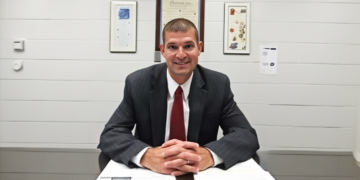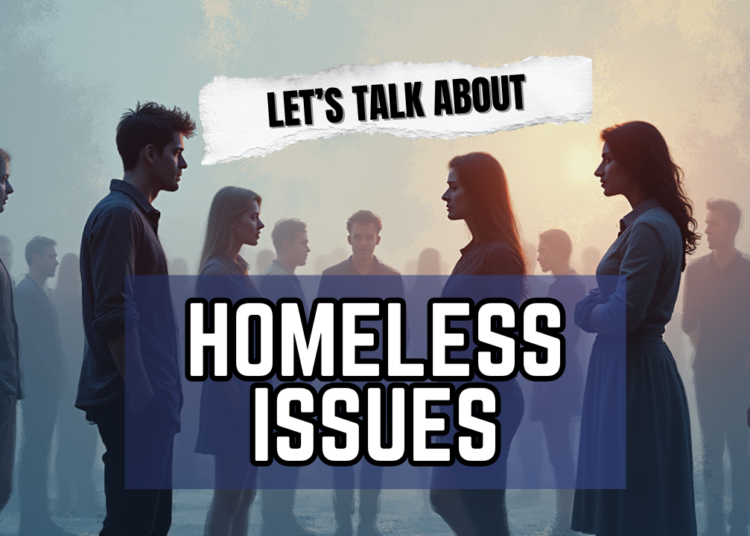Just after 8 p.m., Portsmouth Police were once again called to Tracy Park, this time for a deeply disturbing report: a man was seen pleasuring himself in full view near the park’s statue. Officers arrived swiftly and took Robert Chandler into custody. He now faces charges of public indecency and possession of drug paraphernalia, and was booked into the Scioto County Jail.
But Chandler didn’t stay locked up long.
Right Back Out the Door
Despite the seriousness of the allegations and his growing rap sheet, Chandler was immediately released on his own recognizance after appearing in Portsmouth Municipal Court. He’s due back for a pre-trial hearing on December 9.
Chandler, who is homeless, has a recent history with the court system:
- In May, he was convicted of disorderly conduct, pleaded guilty, and was ordered to pay court costs.
- In March, he pleaded no contest to an assault charge, for which he received a 180-day sentence—with 165 days suspended—plus two years of probation.
In both cases, he was released back onto the streets, and apparently, right back to Tracy Park.
A Pattern of Trouble at Tracy Park
This isn’t an isolated incident. Tracy Park has become a flashpoint in Portsmouth’s growing homelessness and public safety crisis. In recent weeks alone, we’ve reported:
- A man defecating on the park’s stage, prompting a physical altercation.
- Repeated calls about drinking, drug use, and disorderly behavior.
- Mentally ill individuals refusing help, only to reappear days later.
- Police conducting overnight sweeps to remove people sleeping in the park.
While officers continue to respond professionally and with compassion—often offering mental health referrals or transport to shelters—the revolving door of the jail and courts means many of these individuals return to the park within hours.
Why Not Just Let Them Stay?
Some ask why these individuals can’t just be left alone in public spaces. The answer is a complicated one:
- Public indecency, violence, and drug use create serious safety issues, especially in a family-oriented area like Tracy Park.
- The liability risk to the city increases if someone is injured on unsafe public grounds or by another individual.
- Sanitation and maintenance costs skyrocket, especially when people are using the park as a toilet or campsite.
- Most importantly, if any public money is used to house or shelter individuals, even temporarily, the space must meet strict safety and habitability standards—something open parks and condemned buildings simply can’t provide.
A Broken System
Chandler’s case, like so many others, shows how Portsmouth’s homeless, mentally ill, and addicted individuals are stuck in a cycle of arrest, release, and repeat—with no long-term treatment, no stable housing, and no plan beyond the next court date.
Until housing, mental health treatment, and enforcement policies are addressed as a unified system, Tracy Park—and places like it—will remain ground zero in the city’s most visible crisis.























































































